Wildfires Push Global Forest Loss To Unprecedented Levels
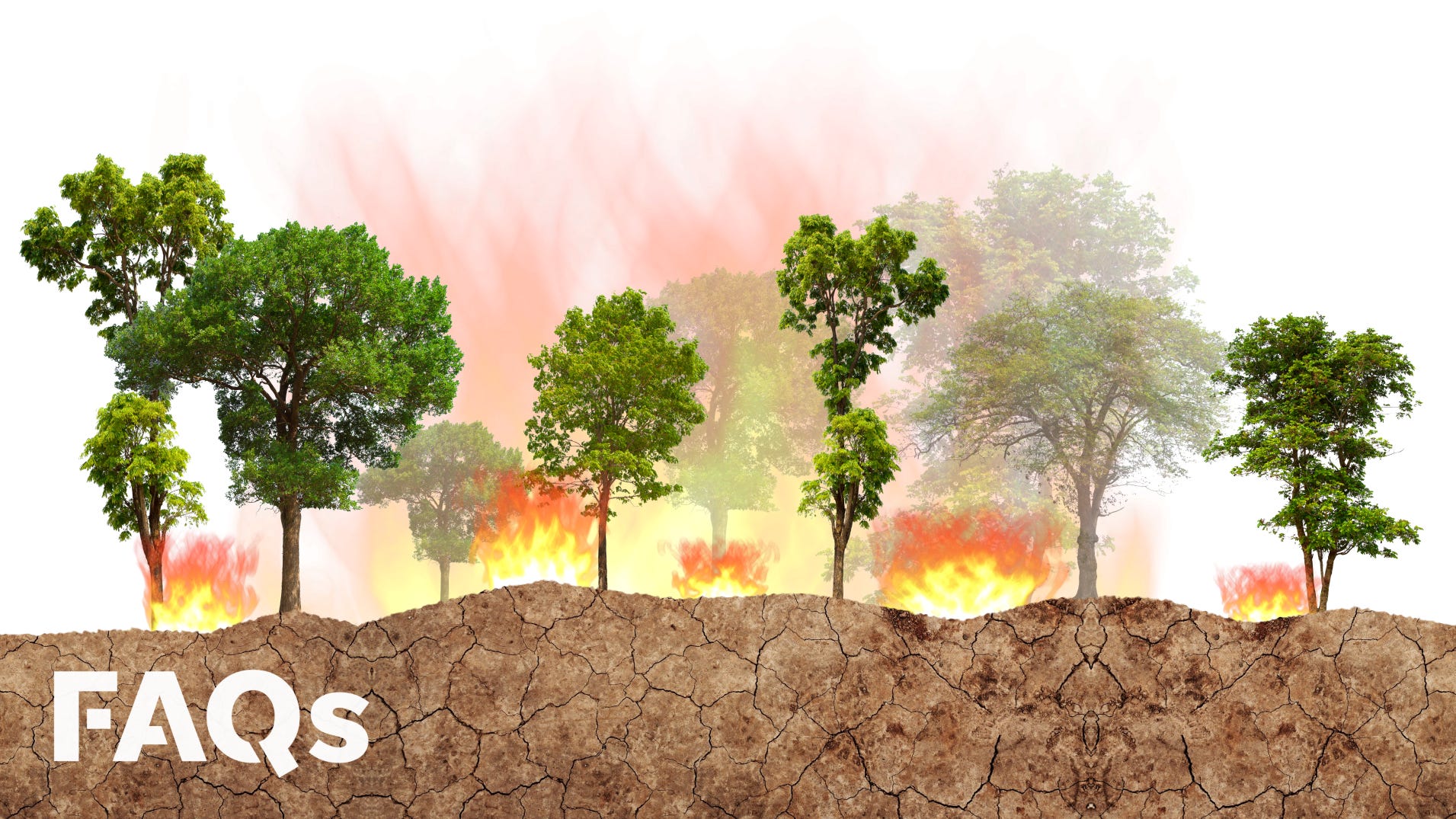
Table of Contents
The Devastating Impact of Wildfires on Forest Ecosystems
Increased Frequency and Intensity of Wildfires
Climate change is a major contributor to the increased frequency and intensity of wildfires globally. Rising temperatures, prolonged droughts, and changing wind patterns create ideal conditions for wildfires to ignite and spread rapidly. Data from organizations like Global Forest Watch show a dramatic increase in the number and size of wildfires in recent decades. For example, the devastating Australian bushfires of 2019-2020 burned an area larger than the size of South Korea, showcasing the scale of these catastrophic events. Other notable examples include the massive wildfires in Siberia, the Amazon rainforest, and California, highlighting the global reach of this problem.
- Rising temperatures: Higher average temperatures dry out vegetation, making it more susceptible to ignition.
- Prolonged droughts: Drier conditions create fuel for fires and inhibit natural fire suppression.
- Changing wind patterns: Stronger and more unpredictable winds accelerate fire spread, making containment more difficult.
Loss of Biodiversity and Habitat Destruction
Wildfires cause catastrophic loss of biodiversity and habitat destruction. The intense heat destroys plant life, leading to habitat loss for countless animal species. Many animals perish directly in the fires, while others face starvation and displacement due to the destruction of their food sources and shelter. This habitat fragmentation isolates populations, increasing the risk of inbreeding and further jeopardizing their survival. Endangered species, already vulnerable to extinction, are particularly hard hit by wildfires. The long-term recovery of these ecosystems can take decades, even centuries, with some species potentially facing irreversible loss.
- Species extinction: Wildfires can drive species to extinction, particularly those with limited ranges or slow reproductive rates.
- Habitat fragmentation: Wildfires create barriers between habitats, isolating populations and reducing genetic diversity.
- Disruption of ecological balance: The loss of keystone species and the alteration of ecosystem processes have long-lasting effects.
The Contribution of Wildfires to Global Carbon Emissions
Wildfires as a Major Source of Greenhouse Gases
Burning forests release massive amounts of carbon dioxide (CO2) and other greenhouse gases into the atmosphere, significantly contributing to climate change. Forests act as crucial carbon sinks, absorbing CO2 from the atmosphere. When these forests burn, the stored carbon is released back into the atmosphere, accelerating the greenhouse effect and further exacerbating global warming. This creates a dangerous feedback loop, where climate change increases the frequency and intensity of wildfires, leading to more carbon emissions and further warming.
- The carbon cycle disruption: Wildfires disrupt the natural carbon cycle, releasing vast amounts of stored carbon.
- Contribution to climate change acceleration: The increased CO2 emissions from wildfires significantly contribute to global warming.
- Feedback loop: Climate change fuels wildfires, which in turn release more greenhouse gases, exacerbating climate change.
Impact on Climate Change Mitigation Efforts
The massive carbon emissions from wildfires significantly undermine global efforts to mitigate climate change. Wildfires release substantial amounts of carbon into the atmosphere, negating the progress made through carbon reduction initiatives. This poses significant challenges to achieving global climate targets and underscores the critical importance of forest conservation in combating climate change. Protecting existing forests and restoring degraded landscapes is crucial for sequestering carbon and mitigating the impact of wildfires.
- Challenges for carbon sequestration goals: Wildfire-induced carbon emissions make it harder to achieve carbon neutrality goals.
- Negative impacts on global climate targets: Wildfires hinder progress towards reducing greenhouse gas concentrations.
- Importance of forest conservation: Protecting forests is vital for mitigating climate change and reducing the impact of wildfires.
Socioeconomic Impacts of Unprecedented Forest Loss
Economic Losses from Wildfires
The economic costs associated with wildfires are substantial. Fighting wildfires is incredibly expensive, requiring significant resources and manpower. Beyond firefighting, there are significant economic losses from property damage, destruction of timber resources, and reduced tourism revenue. The loss of forest products and the disruption of related industries have far-reaching economic consequences for affected regions.
- Costs of firefighting: The cost of suppressing wildfires is immense and continues to rise.
- Timber industry losses: Wildfires destroy valuable timber resources, impacting the forestry industry.
- Tourism revenue reductions: Wildfires can damage tourist attractions and impact local economies dependent on tourism.
Social and Public Health Consequences
Wildfires have devastating social and public health consequences. Wildfire smoke causes severe air pollution, leading to respiratory illnesses and other health problems. Communities are often displaced from their homes, leading to mental health challenges and disruptions to livelihoods. The loss of homes, infrastructure, and employment opportunities can have long-term social and economic impacts on affected populations. Many communities face long-term challenges in rebuilding their lives and recovering from the devastating effects of wildfires.
- Air pollution: Wildfire smoke significantly impacts air quality, leading to respiratory problems.
- Respiratory illnesses: Exposure to wildfire smoke increases the risk of asthma, bronchitis, and other respiratory illnesses.
- Mental health impacts: Displacement, loss of property, and trauma can have significant mental health consequences.
- Displacement and migration: Communities are often forced to evacuate their homes due to wildfires, resulting in displacement and migration.
Conclusion
The devastating impact of wildfires on forest ecosystems, their significant contribution to global carbon emissions, and the resulting socioeconomic consequences paint a concerning picture. The unprecedented levels of forest loss driven by wildfires are a clear indicator of a worsening climate crisis. This escalating problem demands urgent and comprehensive action. We must work together to reduce the risk of wildfires through improved forest management, enhanced early warning systems, and a global commitment to reducing greenhouse gas emissions. The escalating impact of wildfires pushing global forest loss to unprecedented levels demands immediate action. Learn more about how you can contribute to forest conservation and wildfire prevention efforts. Let's work together to protect our forests and build a more resilient future.

Featured Posts
-
 Drivers Face Hour Long Delays On M6 Southbound Due To Crash
May 25, 2025
Drivers Face Hour Long Delays On M6 Southbound Due To Crash
May 25, 2025 -
 Amundi Msci World Ii Ucits Etf Usd Hedged Dist A Guide To Nav Calculation And Analysis
May 25, 2025
Amundi Msci World Ii Ucits Etf Usd Hedged Dist A Guide To Nav Calculation And Analysis
May 25, 2025 -
 Markt Draai Voorspellingen Voor Europese En Amerikaanse Aandelen
May 25, 2025
Markt Draai Voorspellingen Voor Europese En Amerikaanse Aandelen
May 25, 2025 -
 2025 Porsche Cayenne Interior And Exterior Images
May 25, 2025
2025 Porsche Cayenne Interior And Exterior Images
May 25, 2025 -
 Strengthening Canada Mexico Trade Relations In The Face Of Us Protectionism
May 25, 2025
Strengthening Canada Mexico Trade Relations In The Face Of Us Protectionism
May 25, 2025
Latest Posts
-
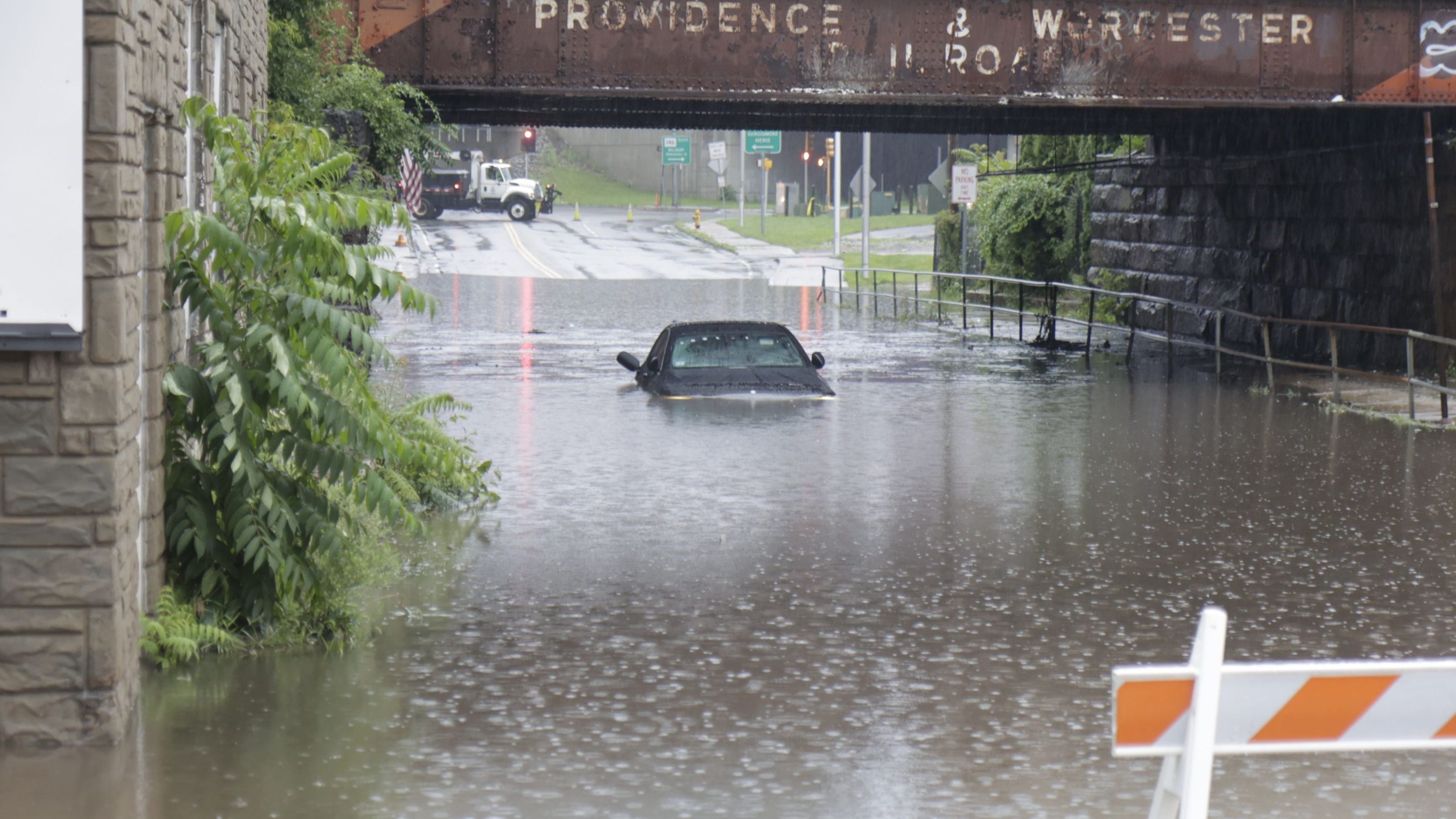 Flash Flood Watch Take Action Now In Hampshire And Worcester Counties
May 25, 2025
Flash Flood Watch Take Action Now In Hampshire And Worcester Counties
May 25, 2025 -
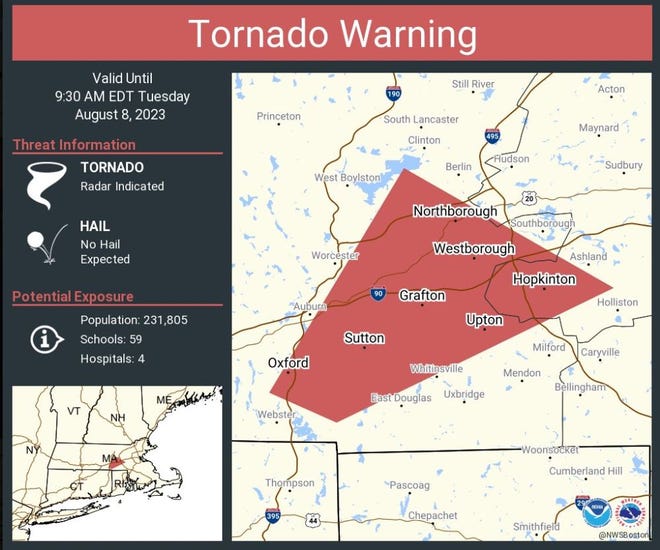 Severe Thunderstorms Bring Flash Flood Warning To Hampshire And Worcester
May 25, 2025
Severe Thunderstorms Bring Flash Flood Warning To Hampshire And Worcester
May 25, 2025 -
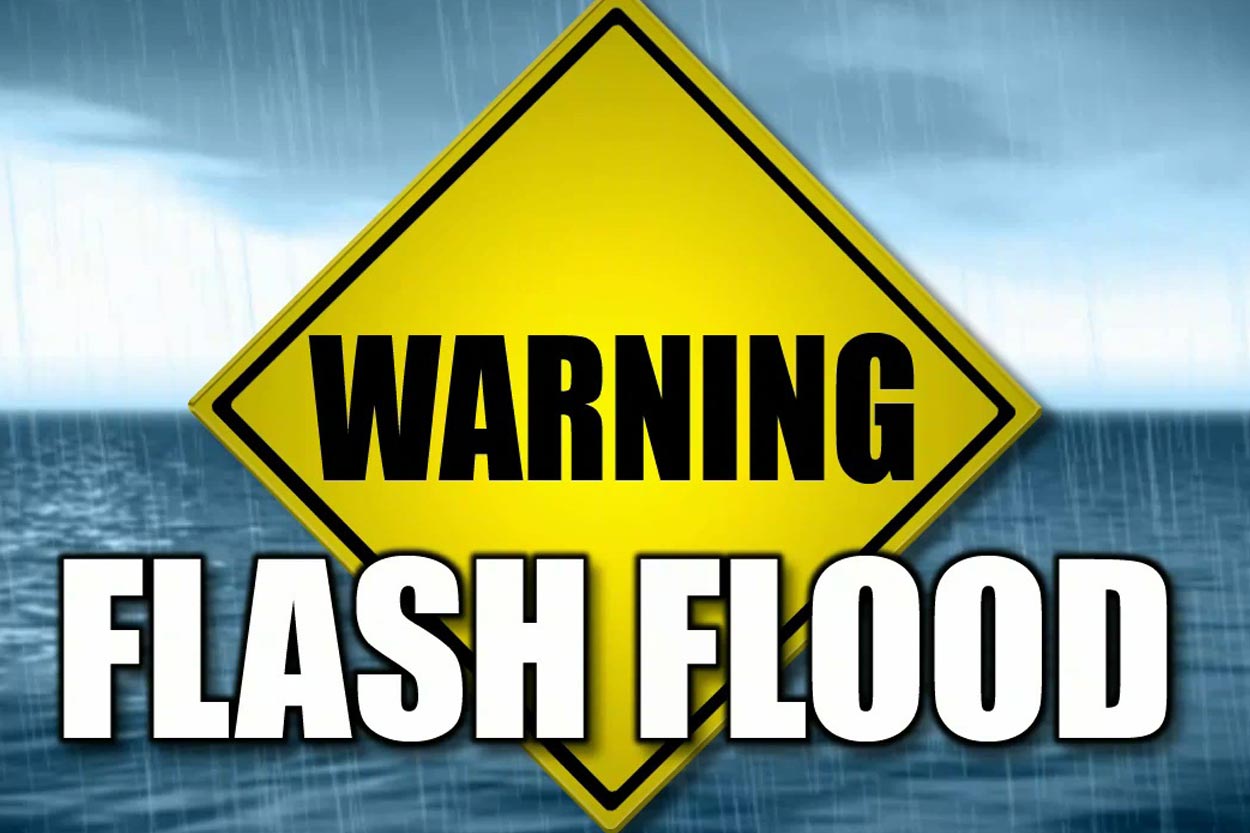 Urgent Flash Flood Warning Issued For Parts Of Pennsylvania
May 25, 2025
Urgent Flash Flood Warning Issued For Parts Of Pennsylvania
May 25, 2025 -
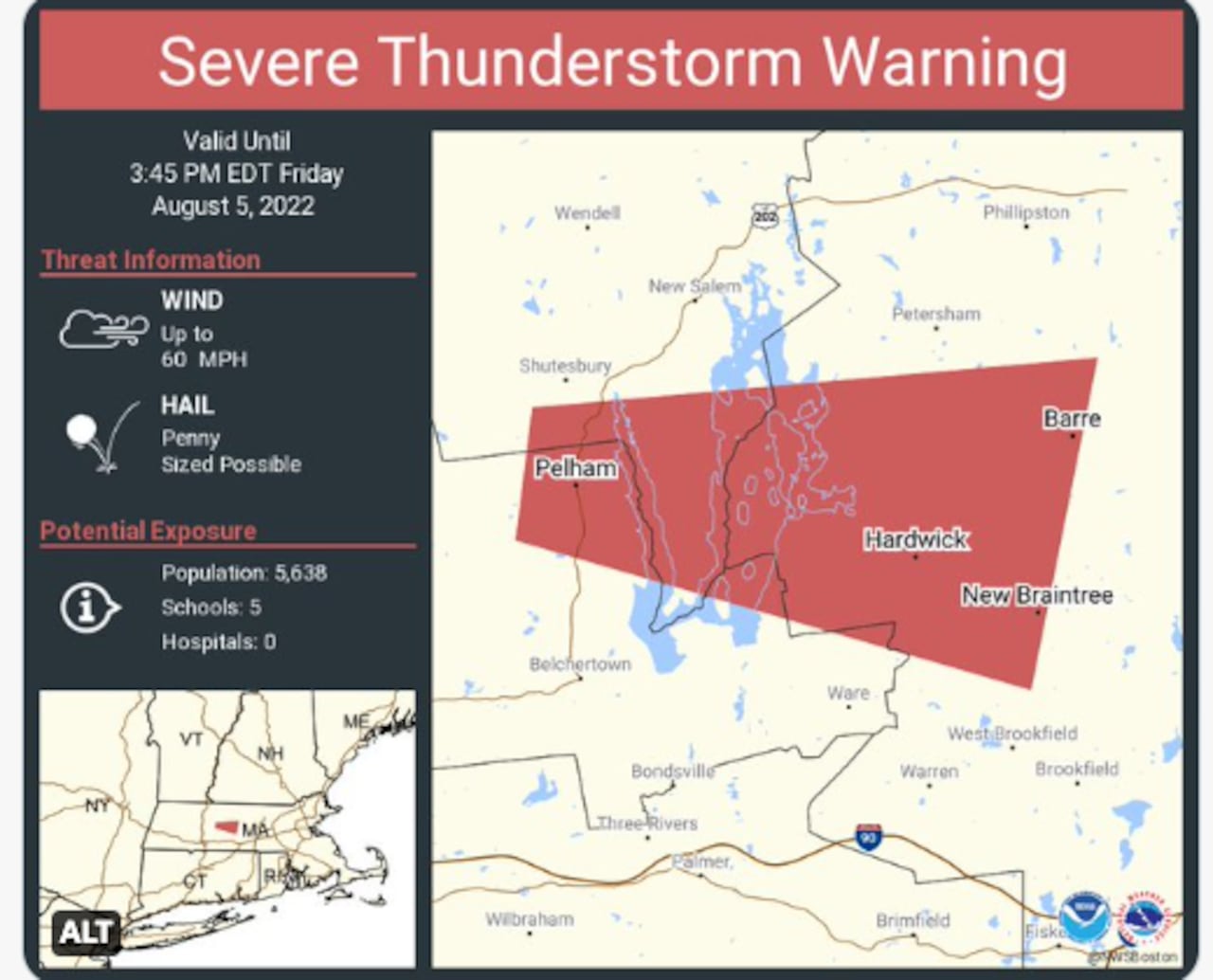 Flash Flood Warning Hampshire And Worcester Counties Thursday Night
May 25, 2025
Flash Flood Warning Hampshire And Worcester Counties Thursday Night
May 25, 2025 -
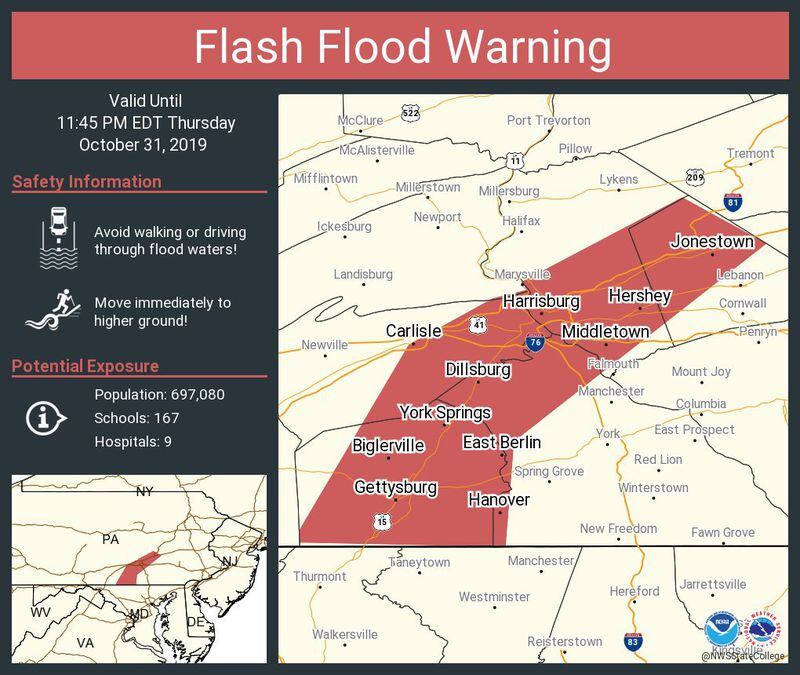 Pennsylvania Flash Flood Warning Extended To Thursday Morning
May 25, 2025
Pennsylvania Flash Flood Warning Extended To Thursday Morning
May 25, 2025
